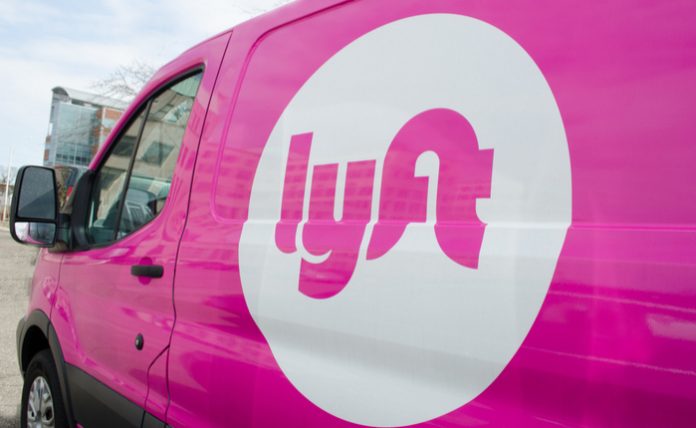Lyft was the first of many highly anticipated tech IPOs that are slated to go public in 2019. These companies, with valuations well into the billions, are among a new wave of “unicorns” that are expected to make this year one of the best for public offerings in a while.
Unfortunately, Lyft’s shares have been struggling after it’s debut on the NASDAQ. Despite strong anticipation pushing shares of the company to extreme heights, stock prices plunged down into the $50s, with recommendations from Wall Street analysts seemingly doing little to push share prices back up.
The initial excitement surrounding the IPO back in late March had seen shares jump into the high $80s, significantly above it’s $72 per share IPO price. However, concerns about the companies ongoing lack of profitability coupled with the fact that it’s largest rival, Uber, will be going public soon in May saw share prices dip to as low as $56.11 earlier in April.
Lyft has expanded aggressively over these years but has yet to see any profit. In 2018, the company report losses of almost a billion dollars, a significant amount as other tech IPO’s have entered the market at similar valuations as Lyft and are much closer to being profitable. With this in mind, shares of Lyft reversed as markets became worried that they overbought the company.
Uber is expected to have a valuation in the range of $100 billion, having reported $11.3 billion in revenue last year. While also unprofitable, Uber’s losses had decreased from 2017, something that Lyft can’t say the same for itself. The smaller ride-sharing platform also had significantly less revenue, totaling $2.2 billion in 2018.
Despite these competitive weaknesses, analysts at nine separate firms that initiated coverage of Lyft when it first went public now have mostly “buy” ratings for the company. The average price target between all these analysts was around $80.70 per share, with two price targets being below $70 and seven above $80.
While analysts think that Lyft’s depressed prices could signal a good buying opportunity, investors haven’t reacted at all to these recommendations. Instead, many are possibly choosing to wait for other major IPO’s (such as Uber) and save their money instead for better opportunities.
Today saw shares of Lyft swing erratically, dropping a significant portion in the first couple hours of trading, recovering most of those losses, before tapering down and ending the day at a 1.13 percent decline. For the past week, stock prices have hovered around the $60 per share range, well below what analysts and Lyft expected in the days leading up to the IPO.
Lyft Company Profile
Lyft is the second largest ride-sharing service provider in the U.S., connecting riders and drivers over the Lyft app. Lyft has recently entered the Canadian market, in efforts to expand its market outside of the U.S.
Incorporated in 2013, Lyft offers a variety of rides via private vehicles, including traditional private rides, shared rides, and luxury ones. Besides ride-share, Lyft also has entered the bike- and scooter-share market to bring multi-modal transportation options to users. – Warrior Trading News










